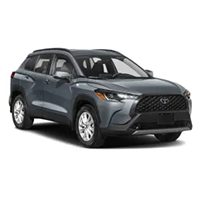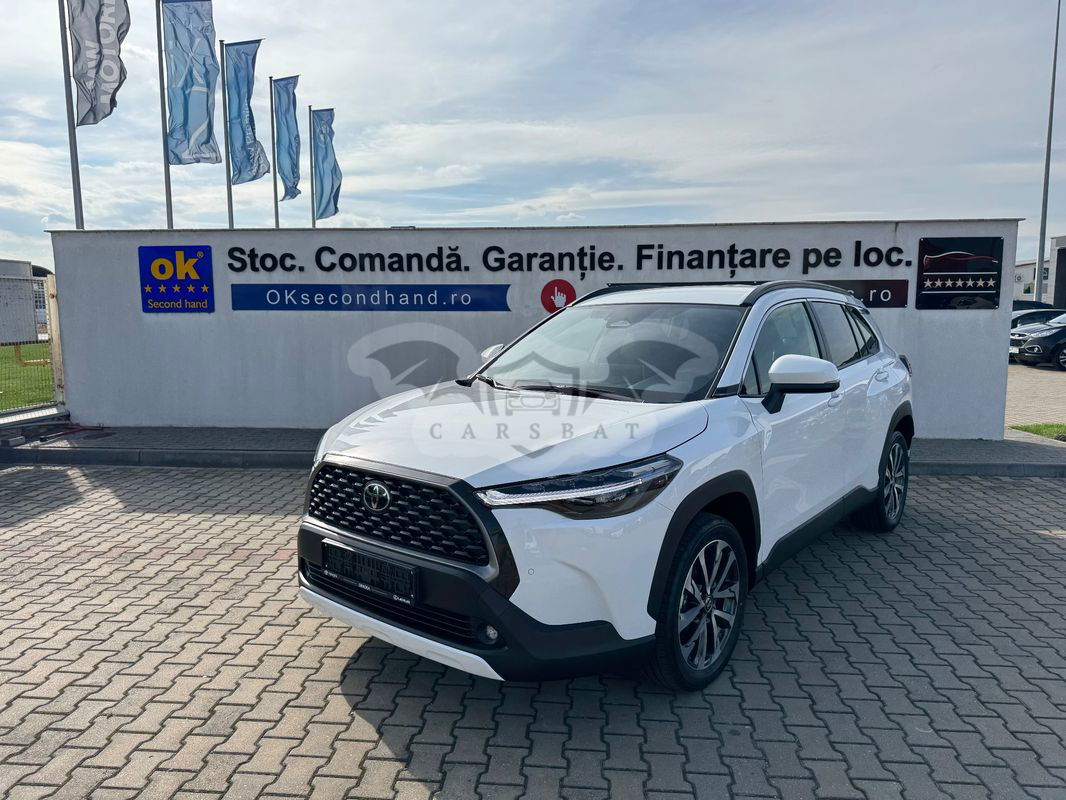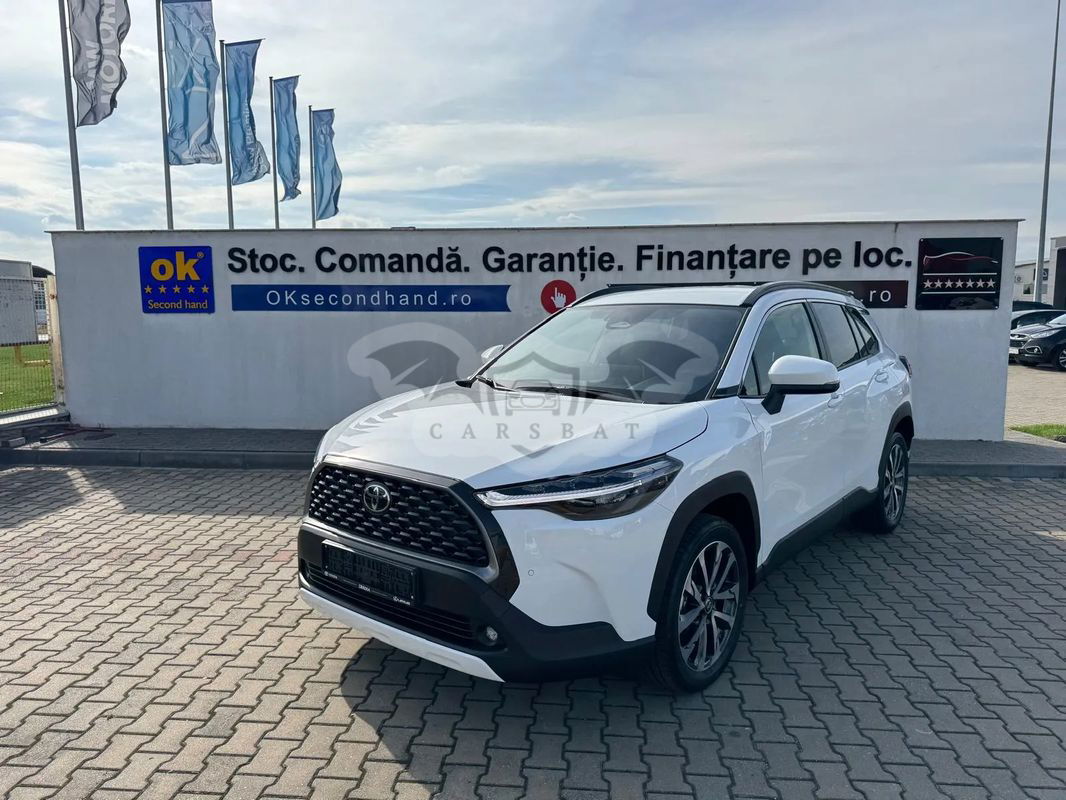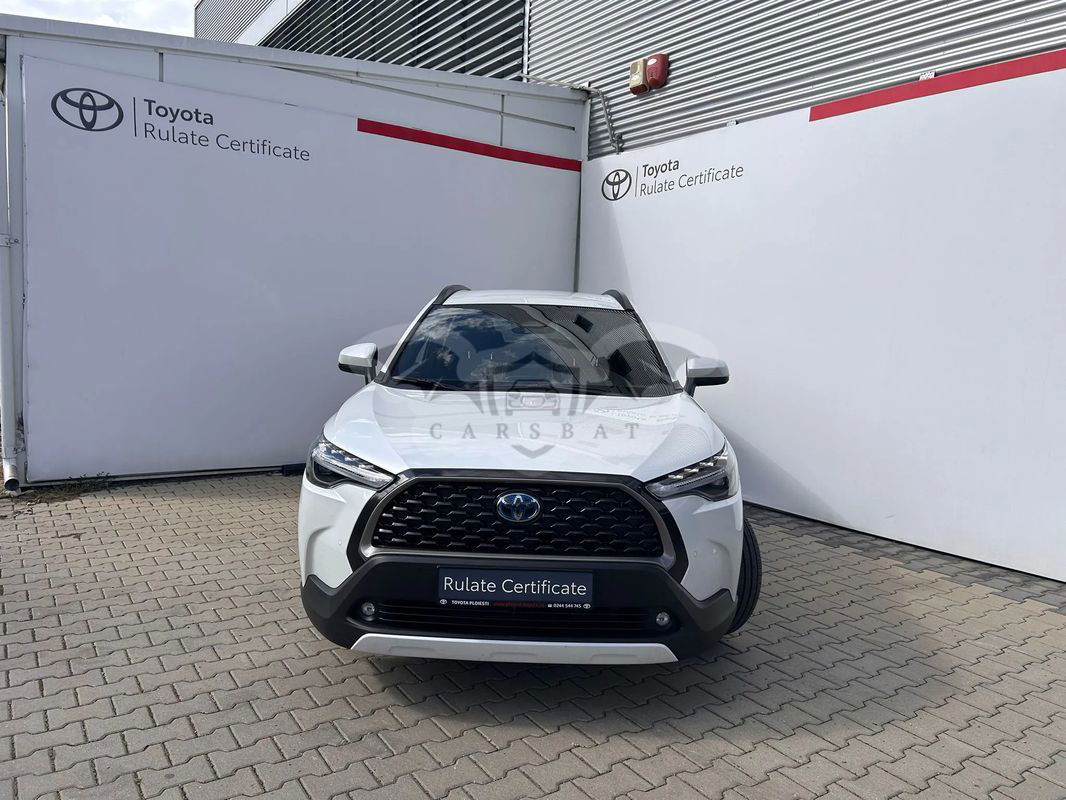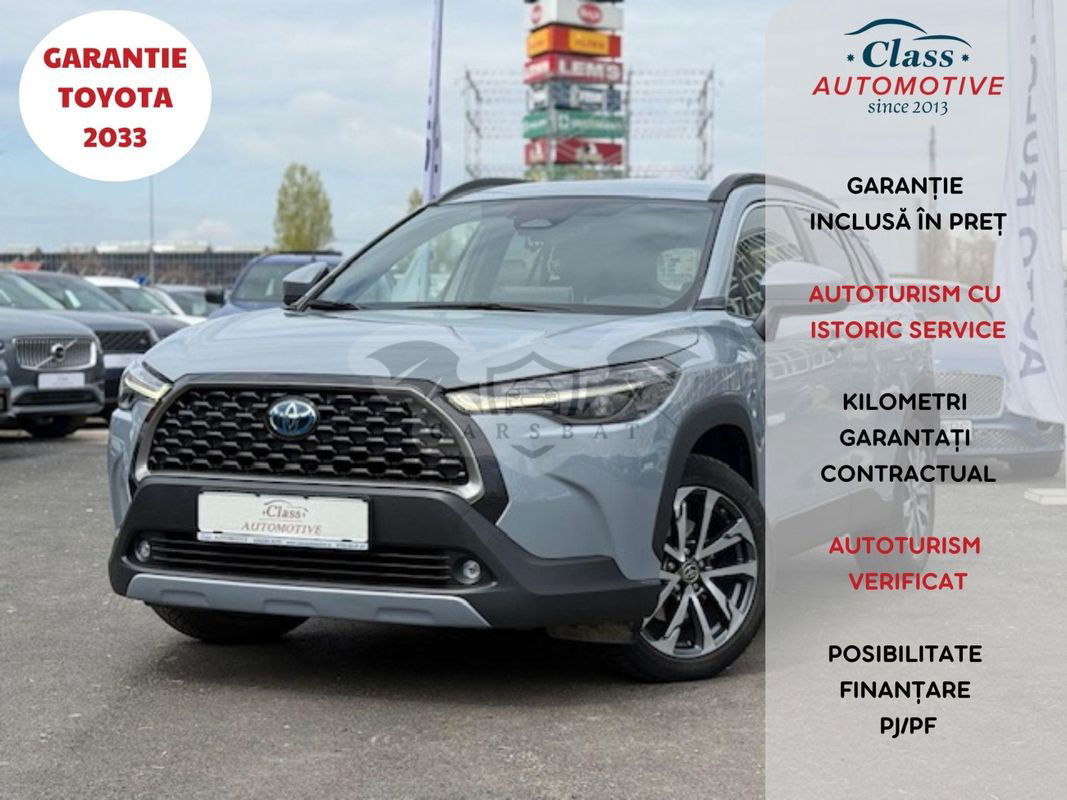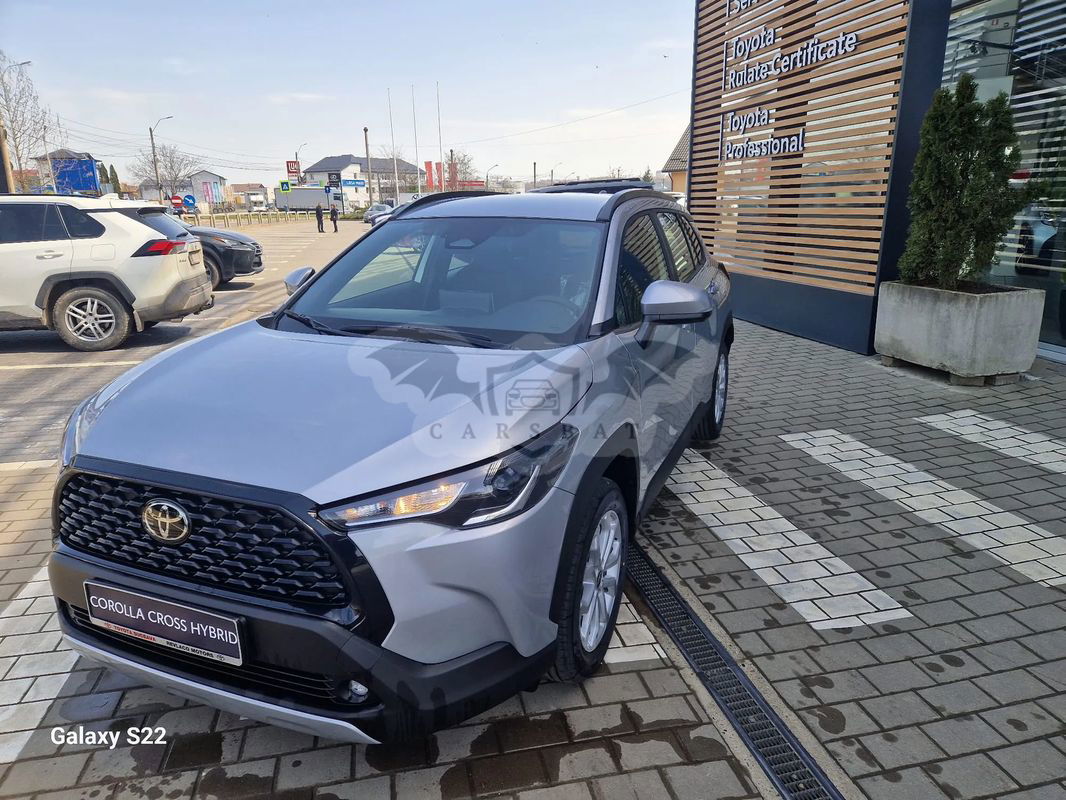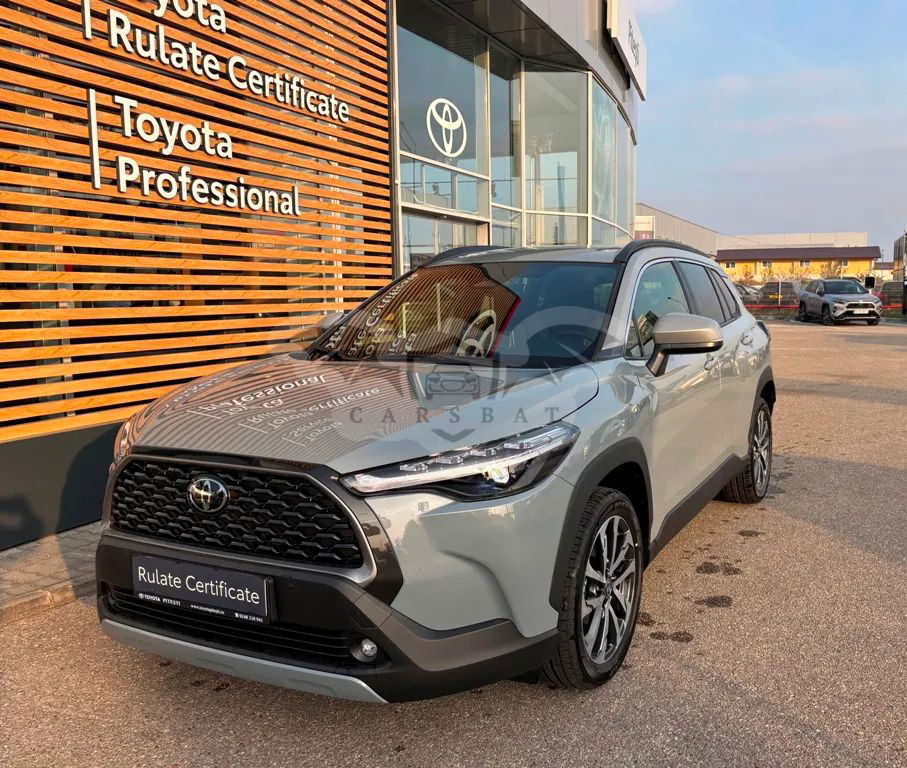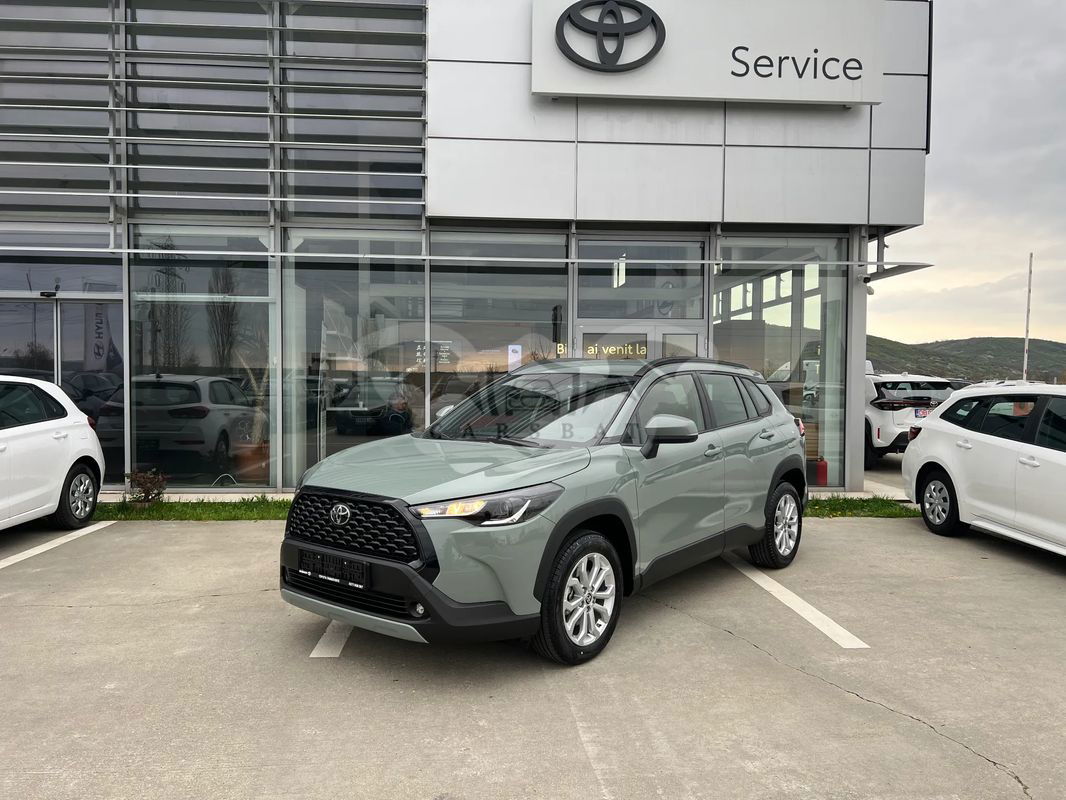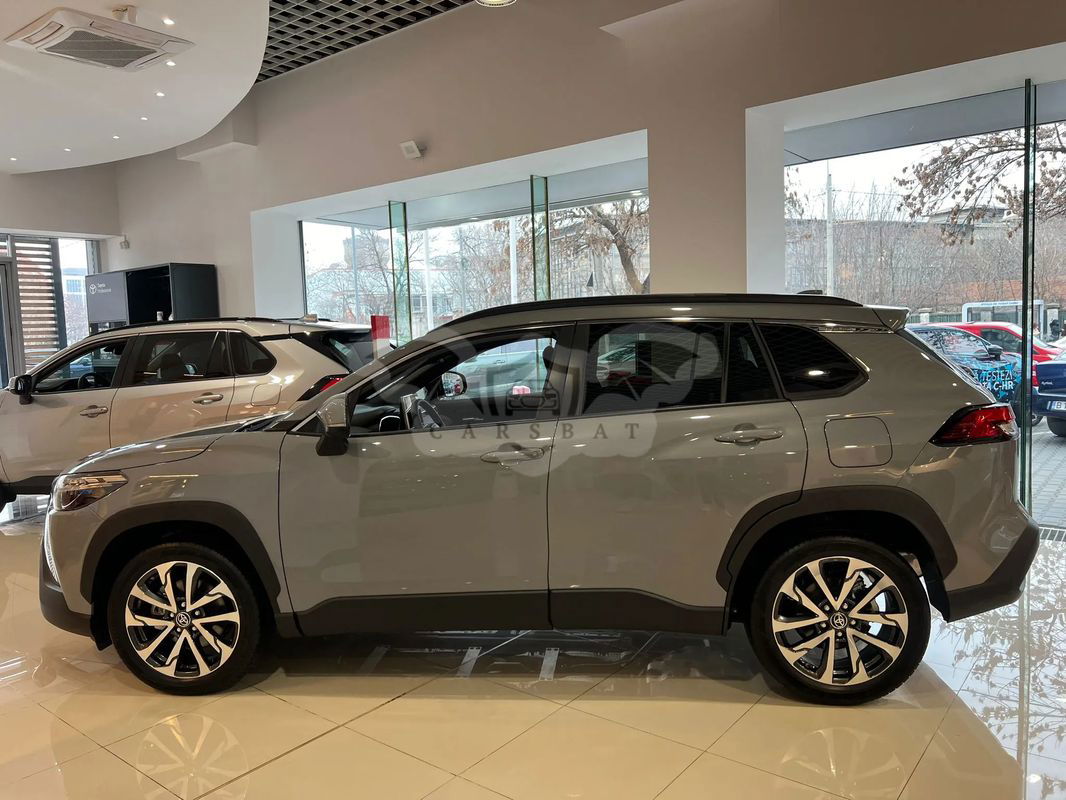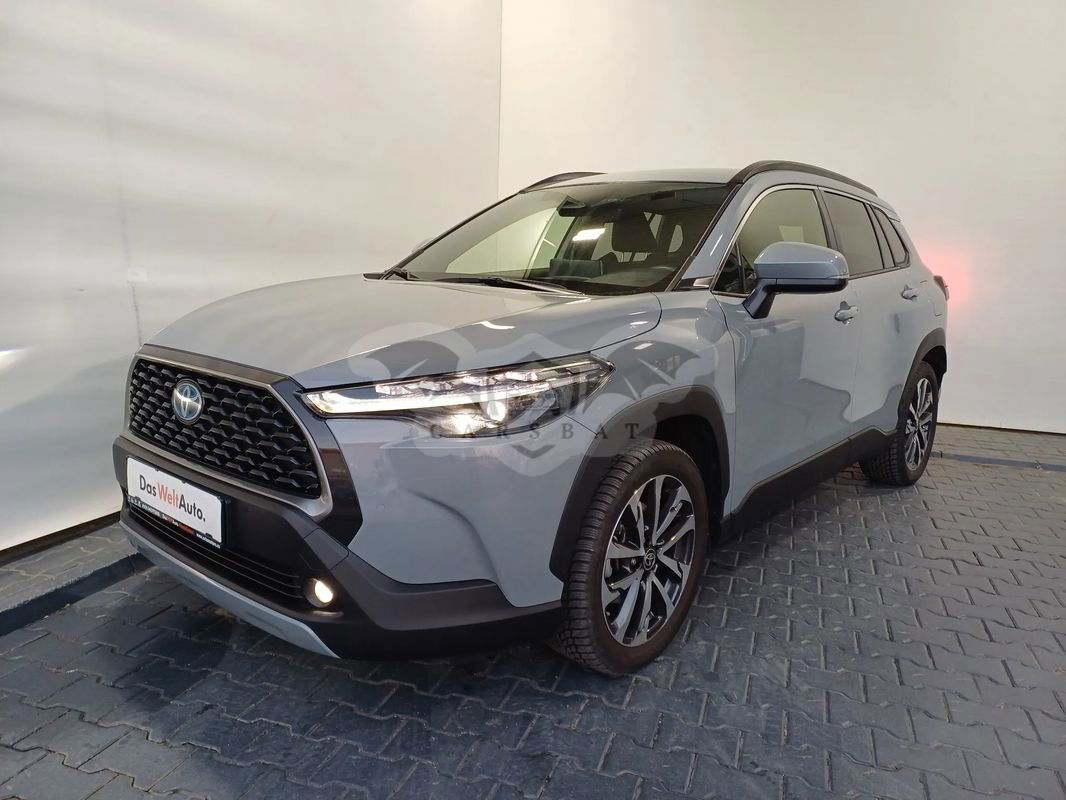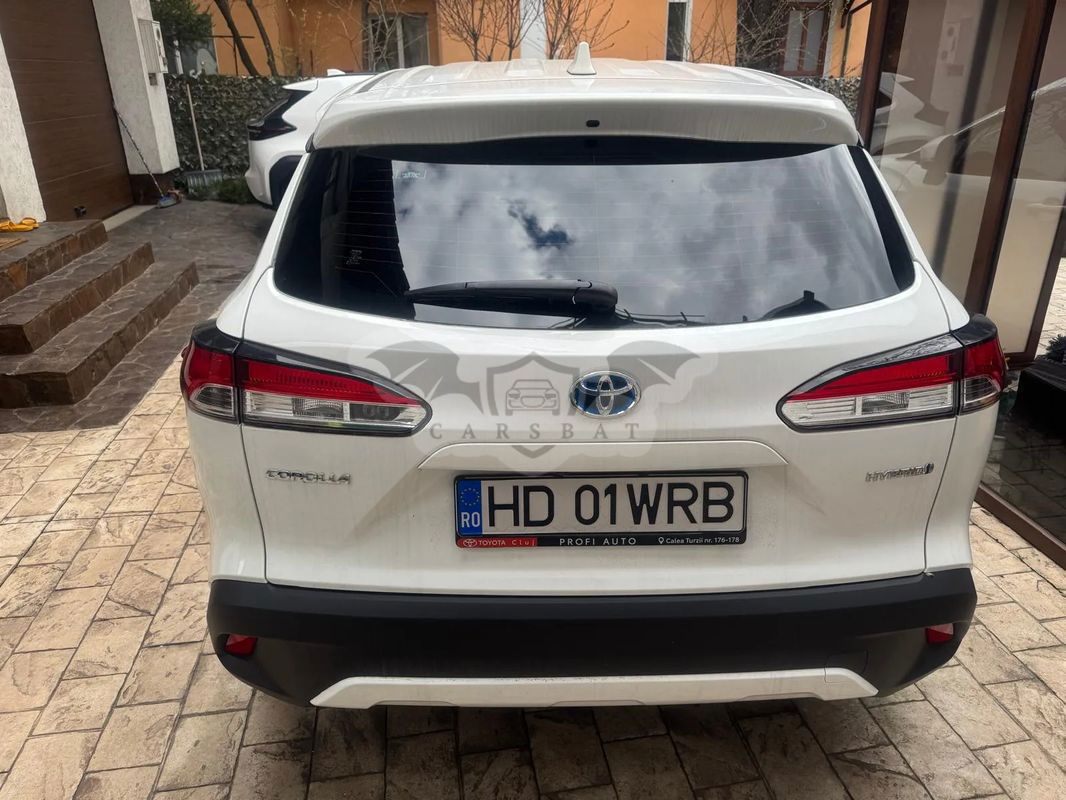At CarsBat.com, you can get pricing for 10 new and used Toyota Corolla Cross in a variety of
configurations and years. We provide price information for this popular car in countries such as:
Belgium, United Kingdom, Germany, Denmark, Italy, Luxembourg, Netherlands, Poland, United States, France, Czech, Sweden.
Our database contains current prices for Toyota Corolla Cross, which vary depending on mileage,
condition and equipment of the car. You will be able to compare the price of different versions of Toyota Corolla Cross
and choose the best option that fits your budget and preferences.

